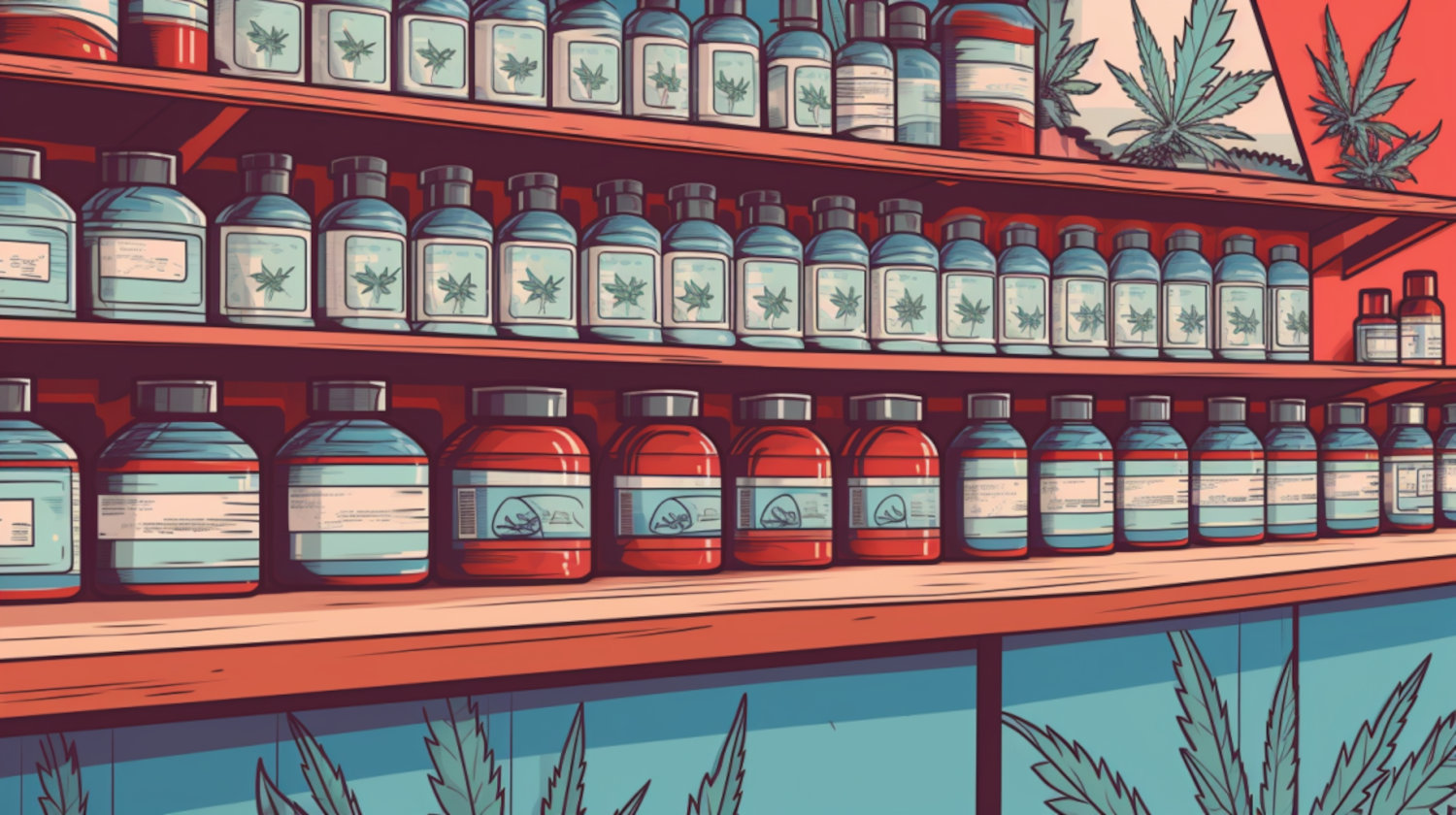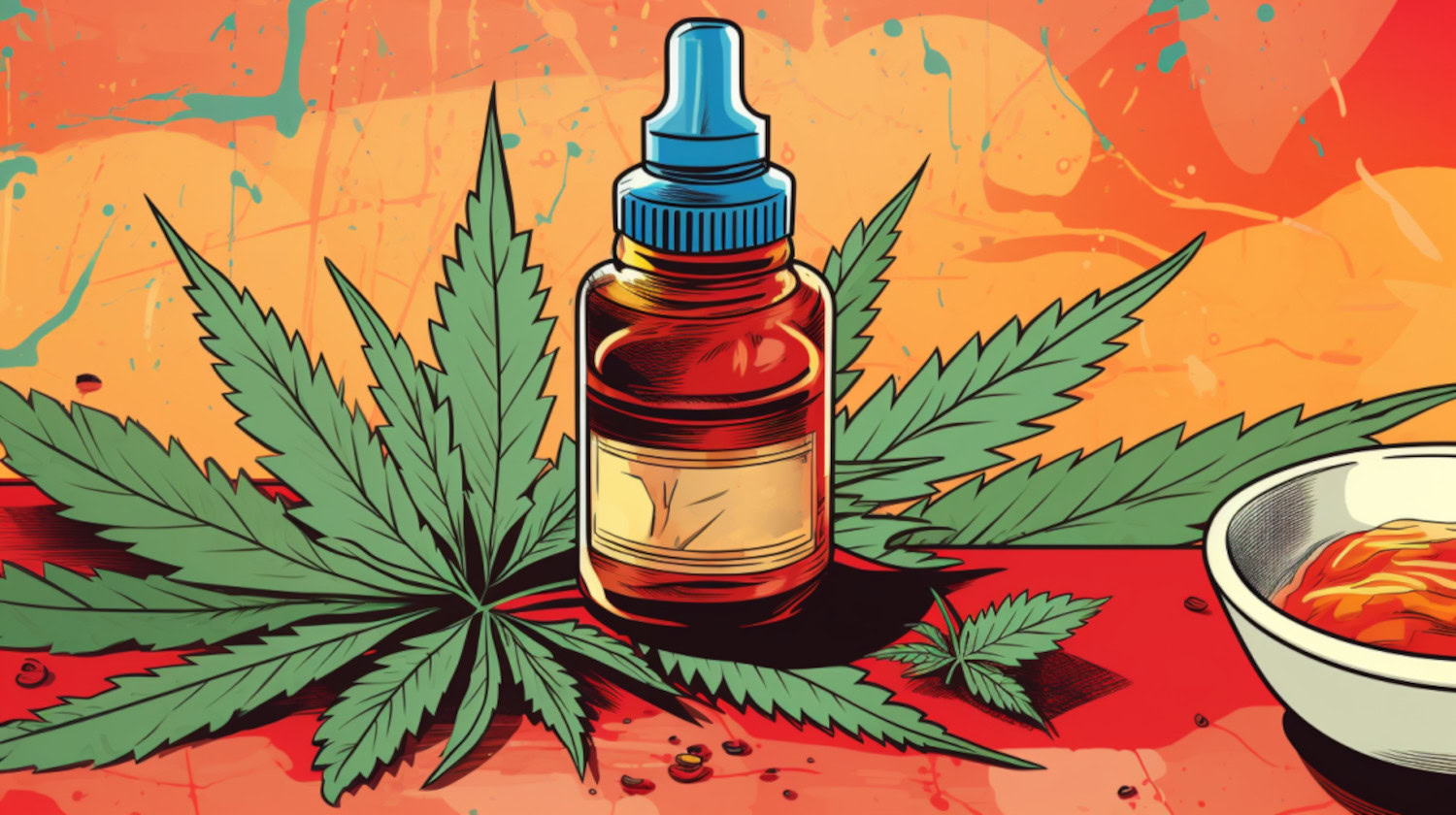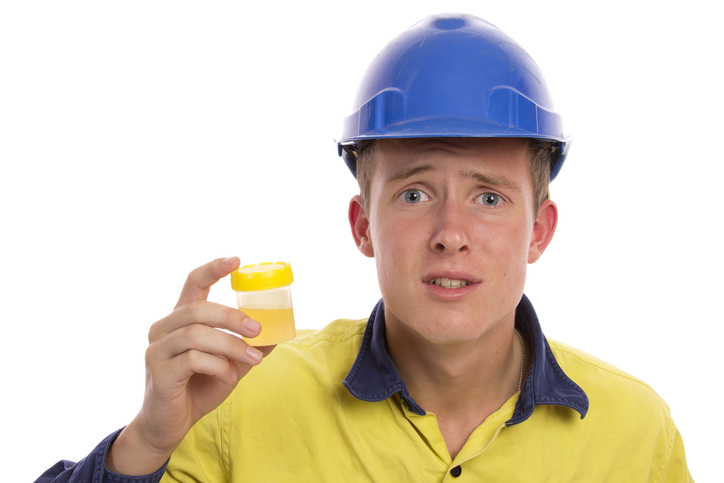CBD is a non-intoxicating compound found in cannabis. It doesn’t cause a high like THC, and studies show it has a low risk of dependence. Many people use CBD for wellness without developing addictive behaviors. It’s important to use trusted products and understand how your body responds.
Speaking with your doctor is important when adding any supplement or medication to your health and wellness routine. This is especially true when it comes to CBD and cannabis products, as your doctor can provide you with personalized guidance and ensure that you're on the right track.
What is CBD?
CBD is a compound that exists within cannabis.1 Many people don't realize that there are a variety of compounds in cannabis, referred to as cannabinoids, that may provide a variety of different benefits besides just causing the intoxication associated with the plant. CBD is one of these cannabinoids.
Another popular cannabinoid is THC. THC is the compound responsible for the high that many people associate with cannabis. CBD and THC act differently on the CB1 receptor, resulting in different effects, and CBD will not get an individual high. CBD is not intoxicating, and individuals often consume CBD (often as an edible or by vaping) and then go about their day as usual.
CBD is federally legal, though some states have age restrictions. In those states, most people must be over 18 or 21 to purchase CBD products. When shopping for a CBD product, it's incredibly important to read the ingredients and determine if there's a high concentration of THC in it. Some CBD products contain high amounts of THC, while others only have trace amounts.
If you're purchasing CBD in a licensed dispensary in a state with medical or recreational cannabis laws, there's a good chance the CBD product will contain higher levels of THC. However, federally-legal CBD products sold in all states at smoke shops and wellness stores should not contain more than 0.3% THC, and will not cause intoxication. However, you should be sure to purchase CBD products from reputable brands only and look for a certificate of analysis (CoA) to ensure the product contains only what is advertised.
People use CBD for a variety of reasons. Some people experience more benefits than others, which is important to remember when planning out your health goals and how CBD may help you achieve them.2
What Can CBD Help Treat?

Because CBD was only recently made legal and has quickly grown in popularity, there's still a significant need for more research to understand its benefits. However, some current research has highlighted a few benefits worth noting. It's essential to remember that everyone reacts to CBD differently, so it's impossible to predict the benefits someone will receive if they've never tried this compound.
One review noted that CBD has the potential to reduce inflammation and seizures, help with pain, and reduce the likelihood of developing tumors. CBD may have a variety of health benefits, and its potential is powerful.3 Understanding the various benefits of CBD can help you decide if it's the right choice for you.
Many people use CBD because it may help them sleep better or reduce anxiety without providing the high that THC does.4 If you're looking for an option you can take daily and not be intoxicated, this may be the right choice.
One of the best parts about using CBD is that you may get a variety of comprehensive benefits. Even if you don't physically feel different (although many people do), that doesn't mean you're not receiving health benefits.
What is Addiction?
Addiction is a complicated topic. Some people have different definitions of addiction, and it can impact individuals differently. If you're considering taking CBD for the first time, you may want to learn more about addiction and if it could result from CBD use.
To keep things simple, we'll define addiction as someone becoming reliant on something, and its use impacts their daily life in more than one negative way. That reliance could be physical or emotional, with both being valid situations. There are a variety of different types of addictions, with some people becoming addicted to substances and other people experiencing process addictions.
Cannabis Use Disorder (CUD) is a diagnosis that some chronic cannabis users receive. The mechanisms of cannabis use disorder have not quite yet been defined. Still, individuals with this diagnosis typically experience problems maintaining a balance with day-to-day obligations and a withdrawal period if they stop using cannabis.5
CUD typically results when individuals use products high in THC, meaning it's not usually a concern for individuals who solely use CBD. While this is true, it's important to keep an eye on any symptoms you may be experiencing and be honest with yourself. If you think CBD isn't the right choice for you, you most likely won't encounter any significant adverse effects by stopping use.
If you or someone you know is struggling with addiction, know that many different treatment options are available. Learning more about addiction and the various treatment options can be a good first step, so consider reaching out to your doctor or a trusted loved one and sharing more about what you're going through.
Is CBD Addictive?

At this point, you're probably wondering if CBD has the potential to be addictive. The short answer is no.
While THC has the potential to lead to addiction, there are no documented cases of individuals experiencing CBD addiction or CBD withdrawal. This is likely due to the different mechanisms in the brain that are impacted by cannabinoid use and how the body processes these specific compounds.
If you're going to use a cannabis product and are worried about addiction, consider speaking with your doctor about all your options. Only using a product infrequently and keeping the dosage low are two ways that you can be proactive and reduce your chances of dependence. However, it's important to note that the only way to avoid addiction to cannabis products entirely is not to use them.
CUD has been specifically tied to THC, so there's no reason to believe CBD use could lead to this disorder. Remaining mindful about your CBD use and keeping track of any symptoms you experience as a result are good ways to ensure that you're staying aware of your individual health and wellness.
While CBD is not known to be addictive, everyone has a different reaction. If you know you struggle with addiction, you may want to be mindful about your CBD use or not use it at all. Speaking with a doctor or mental health professional is always a good option if you're not sure something is right for you, especially when it comes to CBD.
CBD is not considered addictive and doesn’t cause the kind of dependence associated with many other substances. It also isn’t habit-forming in the typical sense. Most people don’t feel cravings or withdrawal if they stop using it. Any wellness product can become a routine, so it’s good to check in with yourself about why and how often you’re using CBD.
Can CBD Help Fight Addiction?
CBD has a variety of benefits, but could fighting addiction be one of them? Possibly.
There hasn't been much research to understand how CBD could fight addiction, but it's possible that it may be an important player in helping individuals with addiction. For example, one study found that CBD has the ability to impact neural circuits associated with addiction and drug-seeking behaviors.6 This finding could be very significant in addiction treatment, as it could provide a more natural and holistic option for many.
In addition, CBD could be beneficial and effective in instances of cannabis addiction.7 If you are using CBD to overcome a cannabis addiction, finding products that are as low in THC as possible is essential.
According to the World Health Organization (WHO), CBD isn’t addictive, and most people can use it without worry. Still, it’s smart to stick with high-quality, lab-tested products and pay attention to how your body feels over time. If you’re using CBD regularly, take a moment now and then to see if it’s still helping, and talk to a doctor if you’re unsure.
If you're struggling with addiction, know that many resources are available. Consider reaching out to your doctor or a mental health professional who could provide more information and help you decide if CBD could be the right choice for your health.
References
- Meissner H, Cascella M. Cannabidiol (CBD). PubMed. Published 2023. https://www.ncbi.nlm.nih.gov/books/NBK556048
↩︎ - Moltke J, Hindocha C. Reasons for cannabidiol use: a cross-sectional study of CBD users, focusing on self-perceived stress, anxiety, and sleep problems. Journal of Cannabis Research. 2021;3(1). doi:https://doi.org/10.1186/s42238-021-00061-5
↩︎ - Peng J, Fan M, An C, Ni F, Huang W, Luo J. A narrative review of molecular mechanism and therapeutic effect of cannabidiol (CBD). Basic & Clinical Pharmacology & Toxicology. 2022;130(4):439-456. doi:https://doi.org/10.1111/bcpt.13710
↩︎ - Shannon S. Cannabidiol in Anxiety and Sleep: A Large Case Series. The Permanente Journal. 2019;23(1). doi:https://doi.org/10.7812/tpp/18-041
↩︎ - Patel J, Marwaha R. Cannabis Use Disorder. Nih.gov. Published July 11, 2022. Accessed October 14, 2023. https://www.ncbi.nlm.nih.gov/books/NBK538131/
↩︎ - Prud’homme M, Cata R, Jutras-Aswad D. Cannabidiol as an Intervention for Addictive Behaviors: A Systematic Review of the Evidence - Mélissa Prud’homme, Romulus Cata, Didier Jutras-Aswad, 2015. Substance Abuse: Research and Treatment. Published 2015. Accessed October 14, 2023. https://journals.sagepub.com/doi/full/10.4137/SART.S25081#tab-contributors
↩︎ - Freeman TP, Hindocha C, Baio G, et al. Cannabidiol for the treatment of cannabis use disorder: a phase 2a, double-blind, placebo-controlled, randomised, adaptive Bayesian trial. Lancet Psychiatry. 2020;7(10):865-874. doi:10.1016/S2215-0366(20)30290-X
↩︎
The information in this article and any included images or charts are for educational purposes only. This information is neither a substitute for, nor does it replace, professional legal advice or medical advice, diagnosis, or treatment. If you have any concerns or questions about laws, regulations, or your health, you should always consult with an attorney, physician or other licensed professional.




